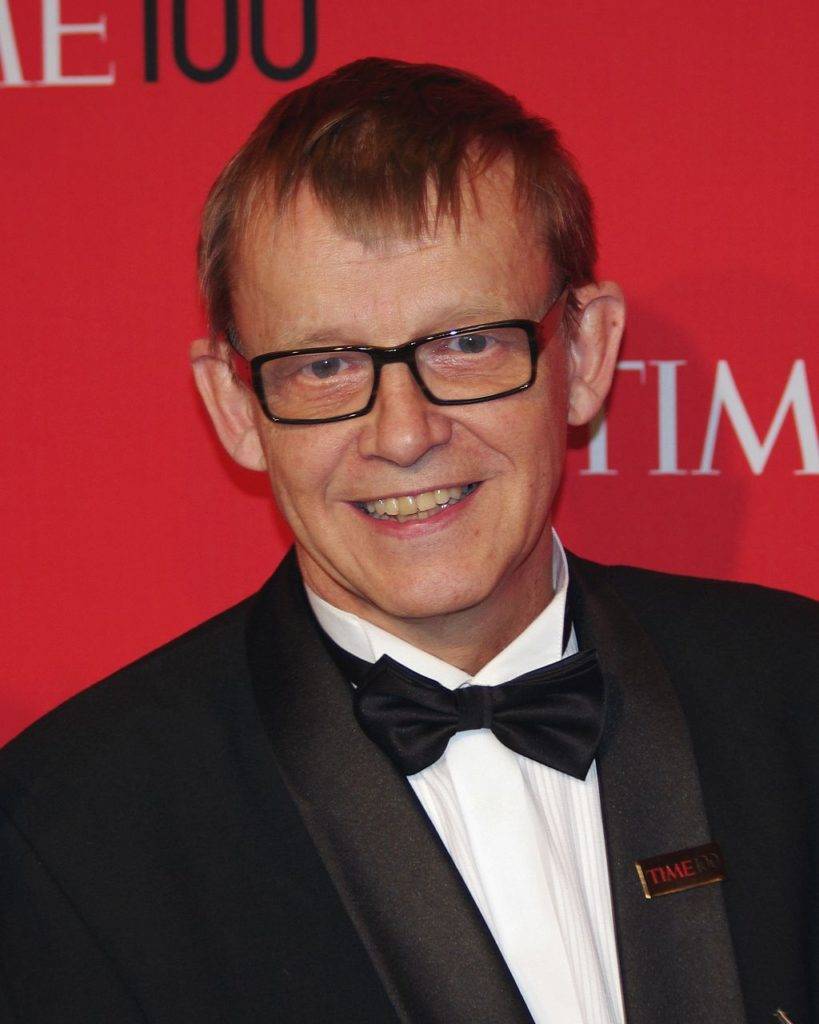Hans Rosling is a Swedish doctor, statistician, public speaker and Professor of International Health at the Karolinska Institute in Sweden. He is also one of the best known presenters at TED.
Rosling has a passion and a gift for making complicated data interesting and understandable for his audiences. As Rosling modestly says, “Having the data is not enough; I have to show it in ways people both enjoy and understand.” TED is less restrained in its praise for Rosling:
In Hans Rosling’s hands, data sings. Global trends in health and economics come to vivid life. And the big picture of global development—with some surprisingly good news—snaps into sharp focus.
Rosling’s most famous TED Talk is the one he gave in 2006. But in 2012, at the TEDx Doha Conference, Rosling gave an impromptu presentation during an interview. Billed as the “shortest TED Talk ever given”, it is only 45 seconds. And yet, there is much to be learned from the presentation perspective.
What I liked
- It is simple. Rosling conveys a single idea.
- He has an effective opening: “X means unknown, but the world is pretty [well] known. It’s seven billion people.”
- He uses props effectively. (Notice the absence of PowerPoint!)
- He told a story. True, it was a general story about the world at large, but it was a story nonetheless.
- He used parallelism when comparing the different groups of people. In other words, he used the same metric (transportation) to demonstrate the relative differences in wealth (i.e., from being able to save money for trip by plane every year to only being able to save money to buy a pair of shoes).
- He concluded by posing a question and signaling the challenge to come: Are the world’s rich people prepared to integrate in a world with 10 billion people.
Rosling’s talk has generated some criticism from people who say that there will always be poverty. I think that they miss the point.
First, Rosling gives the entire talk in 45 seconds, so there simply is not enough time to delve into the myriad of complex issues related to the subject.
Second, Rosling is talking about general trends based on his years of study and undoubted expertise in the field of health and global development. There will always be instances of poverty in all nations, but that does not mean that things cannot improve significantly.
Substantive issues aside, Rosling’s talk contains some useful lessons that we can incorporate into our own presentations.

















6 Replies to “Analysis of a (Very Short) Speech by Hans Rosling”
It is true that when you have an important concept, presenting other concepts takes away the important focus. Simple is often better.
Thanks for the comment, Frieda. I completely agree. As Leonardo da Vinci said, “Simplicity is the ultimate sophistication.”
Cheers!
John
TED is right when they say Rosling makes the “data sing.” His 200 countries, 200 years clip on the BBC was incredible. Some might not look at that presentation and call it “simple”, but if you really think about it, it was just a man and a graph (albeit a dynamic one).
Very true, Carl. The 200/200 clip is fascinating. Those who have not seen it can do so here.
Thanks for the comment.
John